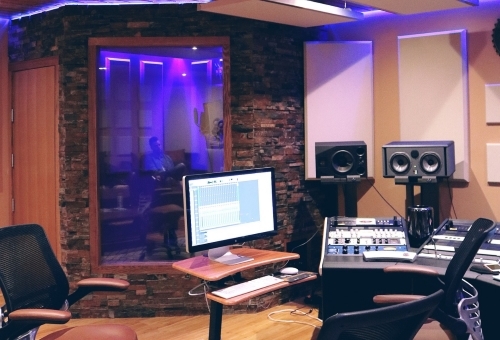The Complete Guide to Choosing a Reliable Digital Audio Workstation Computer
Choosing a reliable digital audio workstation DAW computer is essential for musicians, producers, and audio engineers who require seamless performance and creative freedom. The right computer ensures smooth operation of demanding audio software, minimizing latency and crashes that can disrupt the creative process. When selecting a DAW computer, it is crucial to consider key hardware components that directly influence audio production capabilities. A computer designed with audio in mind will not only improve workflow but also enhance the overall experience of mixing, recording, and producing music. Processor power is one of the most critical aspects to evaluate in a DAW computer. Audio production software often requires significant processing resources, especially when running multiple plugins and virtual instruments simultaneously. A high-performance multi-core processor helps handle these tasks efficiently, allowing for real-time audio processing without glitches.

Additionally, the processor’s speed contributes to how quickly audio files and effects load, which impacts session fluidity. Investing in a robust processor ensures your computer can keep up with complex projects as they grow in size and detail. RAM, or memory, plays a pivotal role in the performance of a DAW computer. Audio applications consume large amounts of RAM, especially when working with high-resolution audio files and multiple tracks. Insufficient memory can lead to slow performance or freezing during critical moments. A computer equipped with ample RAM allows users to load more virtual instruments, sample libraries, and effects without compromising stability. Ideally, the system should have enough RAM to comfortably manage the scale of your projects while providing headroom for future growth. Storage solutions are equally important when choosing a DAW computer. Fast, reliable storage ensures quick access to audio files, sample libraries, and software. Solid-state drives SSDs are highly recommended because they significantly reduce load times and increase overall responsiveness compared to traditional hard drives.
Storage capacity also matters, as audio projects and sample libraries can consume large amounts of space. Having a combination of a fast primary drive for your operating system and software, alongside additional drives for storing projects, helps maintain an organized and efficient workflow. Connectivity options must not be overlooked when selecting a computer for audio production. A variety of ports for audio interfaces, MIDI controllers, external hard drives, and other peripherals are necessary for a flexible and expandable setup. USB, Thunderbolt, and other high-speed connections facilitate seamless data transfer and low-latency communication with external devices. Ensuring the computer supports the types and number of connections you need will save time and frustration during recording and mixing sessions. Audio PC considering the overall build quality and cooling system is essential for reliability. Audio production can be resource-intensive and generate considerable heat, which can affect performance and hardware longevity if not managed properly. A well-ventilated system with efficient cooling keeps the computer running smoothly during long sessions. Durability and portability may also be factors if you need to move your setup frequently.



